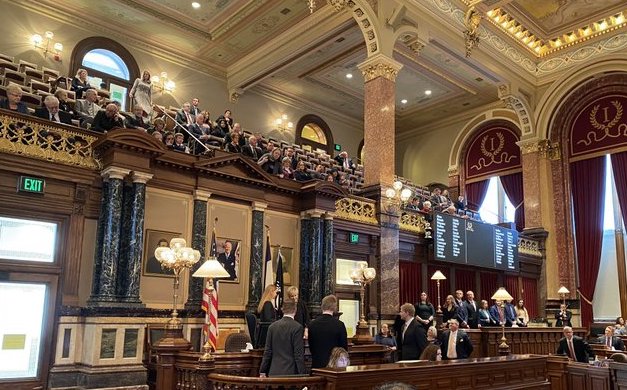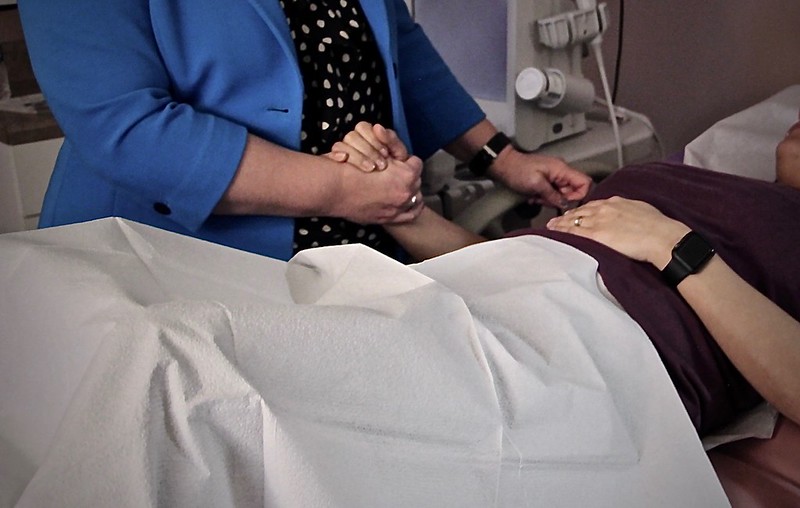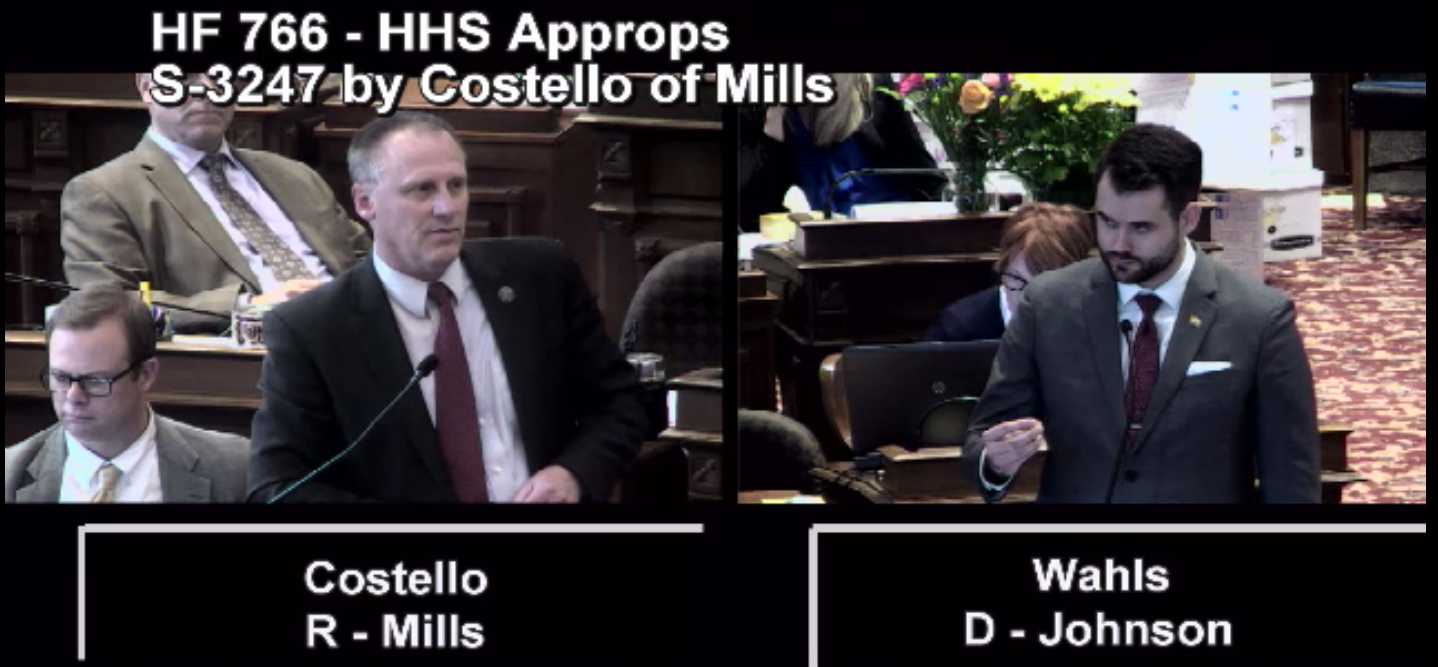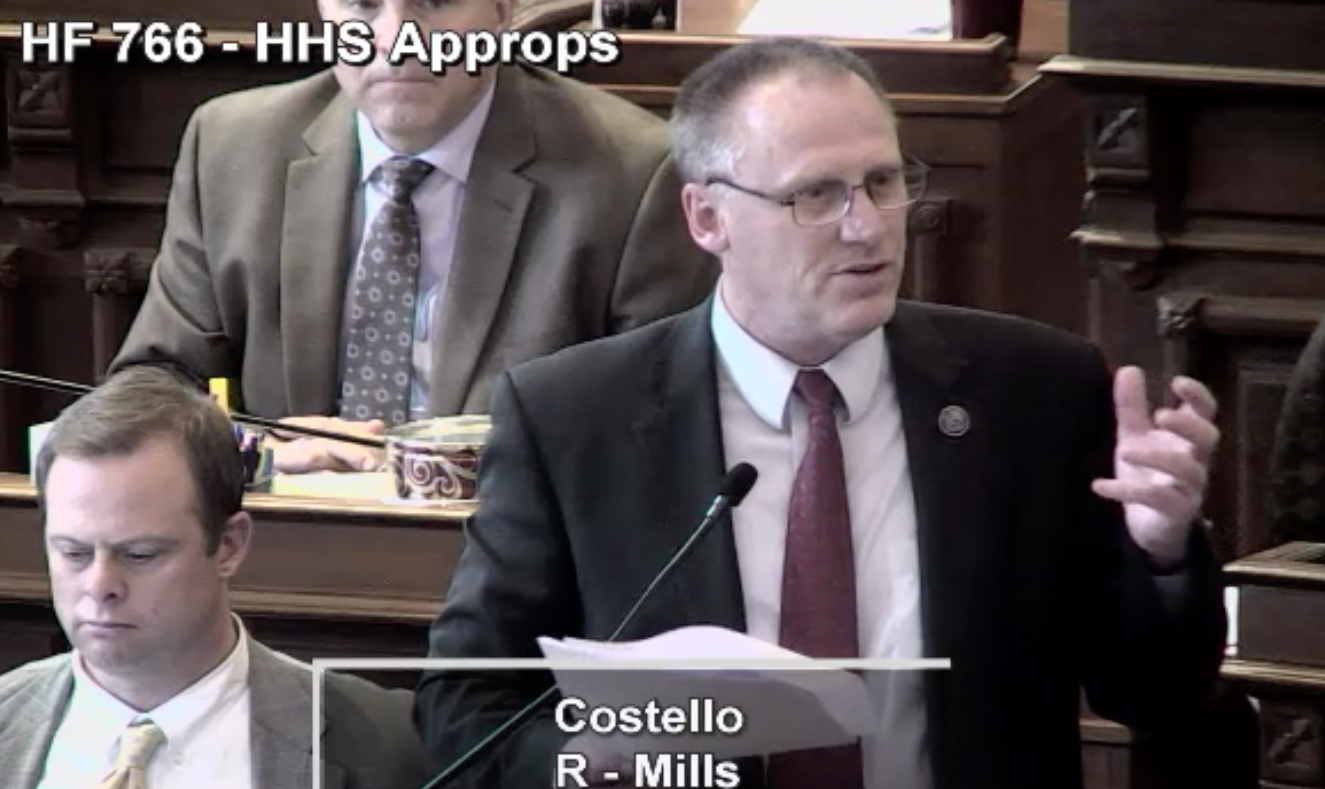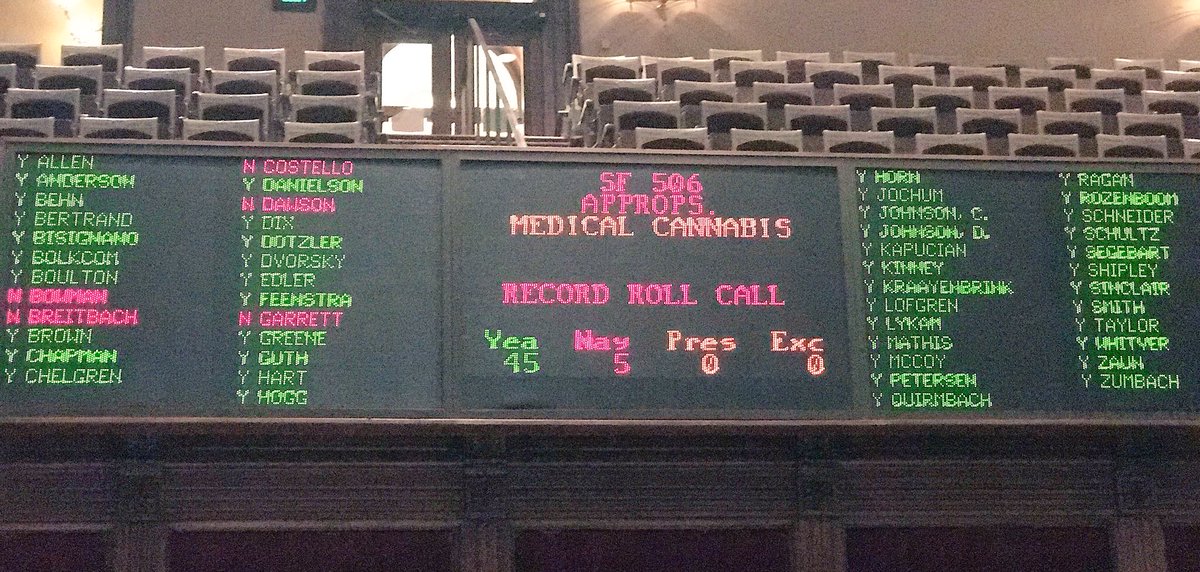
Iowa Senate chamber, as photographed by Nagel Photography, available via Shutterstock
The Iowa Senate convened in Des Moines on January 8 for the first day of the 2024 legislative session. Although the balance of power remains the same (34 Republicans, sixteen Democrats), I’m publishing a new version of this post to note changes in leadership or among the chairs, vice chairs, and members of standing Senate committees.
Fourteen senators (nine Republicans, five Democrats) were elected to the chamber for the first time in 2022. Seven of them (four Republicans and three Democrats) previously served in the Iowa House.
Fifteen senators are women (eight Democrats and seven Republicans), up from twelve women in the chamber prior to the 2022 election and more than double the six women senators who served prior to the 2018 election.
Democrat Izaah Knox is the second Black state senator in Iowa history. The first was Tom Mann, a Democrat elected to two terms during the 1980s. The other 49 senators are white. No Latino has ever served in the chamber, and Iowa’s only Asian-American senator was Swati Dandekar, who resigned in 2011.
Democrat Janice Weiner became the first Jewish person to serve in the Iowa Senate since Ralph Rosenberg left the legislature after 1994. Democrat Liz Bennett became the first out LGBTQ state senator since Matt McCoy retired in 2018.
Continue Reading...



